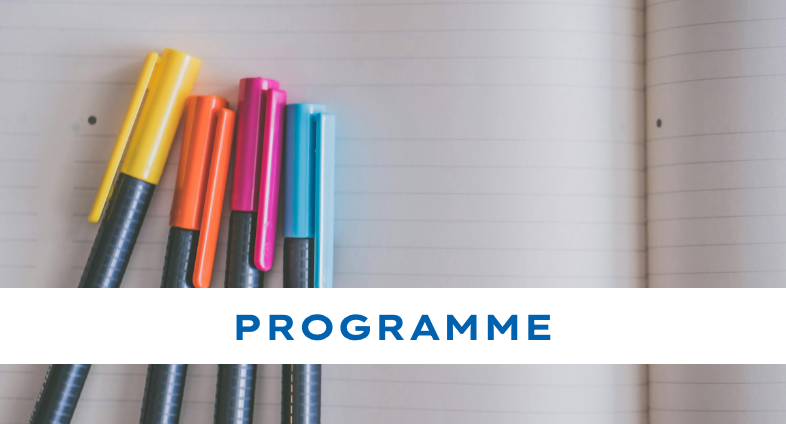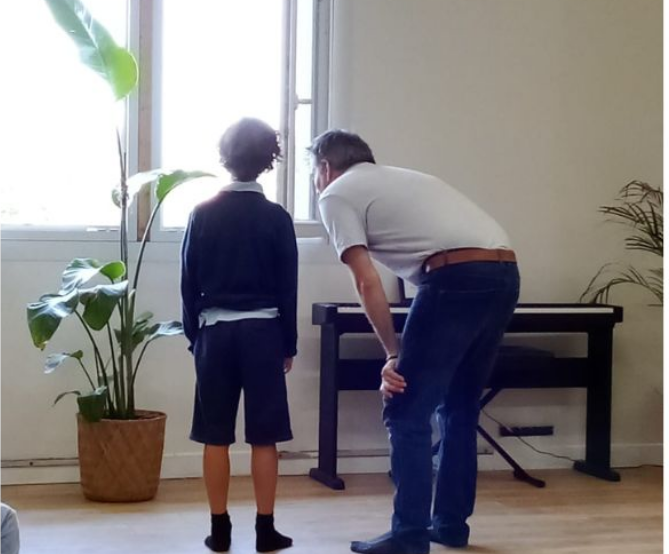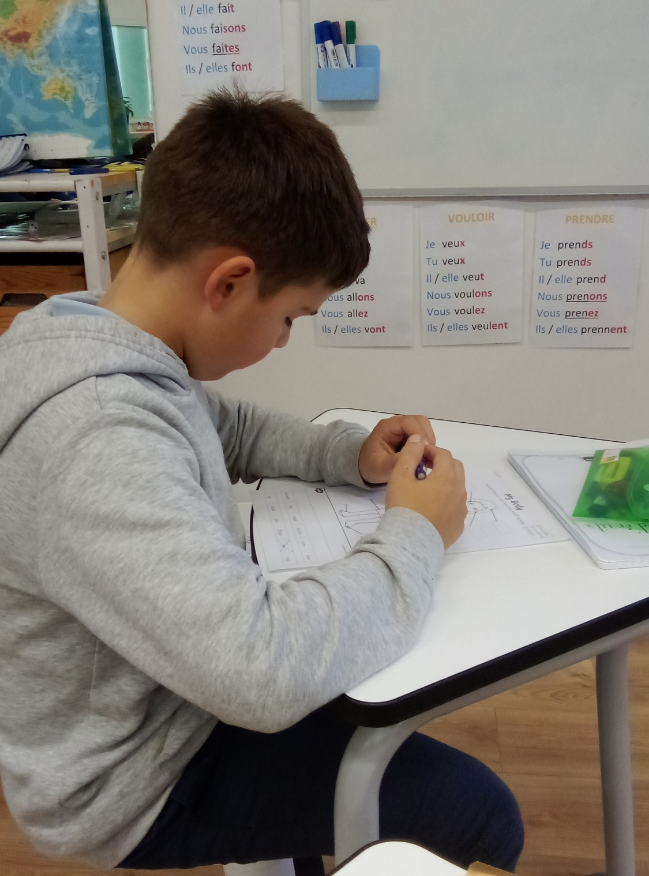
registrations


GIS Teaching and Educational Project
THE FIVE PILLARS OF GIS
Our teaching method is based on five fundamental skills — speaking, writing, reading, arithmetic and thinking — cultivated in a bilingual environment that is both demanding and supportive.
This framework promotes the harmonious development of each student, stimulating not only their intelligence and creativity, but also their human qualities, such as empathy, curiosity and responsibility.
Our aim is to develop well-rounded individuals who are capable of thinking, acting and flourishing in a constantly changing world.

1- KNOWING HOW TO SPEAK
Oral expression is cultivated in all subjects: public speaking, presentations, debates. It enables each pupil to express their ideas accurately and confidently, in both French and English. Knowing how to speak means learning to listen, to engage in dialogue and to structure one’s thoughts.
Primary school: storytelling, role-playing, expressing emotions.
Secondary school: oral presentations, debates, public speaking, interdisciplinary projects.
Oral skills are developed through respect, listening, concentration and effort.
Oral work through respect, listening, concentration and effort.
2- KNOWING HOW TO WRITE
Structured writing is a tool for clear thinking. It is practised through stories, commentaries, projects and arguments. It teaches syntactic rigour, rich vocabulary and precise style.
Primary school: writing stories, letters or diaries, enriching vocabulary.
Secondary school: essays, commentaries, projects and arguments, work on style.
Expressing oneself in writing while giving meaning to what is read; conveying sensations, feelings and opinions through coherent writing.
Expressing oneself in writing while giving meaning to what is read; conveying sensations, feelings and opinions through coherent writing.
3- KNOWING HOW TO READ
Daily reading nourishes the mind, develops the imagination and strengthens inner language. It is at the heart of all disciplines, from literature to science.
Primary school: daily reading of stories and non-fiction, followed by creative activities.
Secondary school: reading novels, essays and non-fiction texts, analysis and interpretation.
Mastering written communication, restoring its prestige, while rejecting abbreviations, shortcuts and simplifications.
Master written communication, restore its prestige, while rejecting abbreviations, shortcuts and simplifications.
4- KNOWING HOW TO CALCULATE
Mathematics develops logic, rigour and abstract thinking, while remaining grounded in reality. From Year 5 onwards, an introduction to financial education complements the fundamentals.
Primary school: mental arithmetic, practical exercises, mathematical games.
Secondary school: complex problems, geometry, statistics, fractions and financial projects.
Calculating with your fingers, on a calculator or by hand, in your head or on paper, while being able to assess the consistency of the results.
Calculate mentally, using a calculator or by hand, in your head or on paper, being able to assess the consistency of the results.
5- KNOWING HOW TO THINK
Thinking means connecting, questioning, comparing and deciding. This skill is developed in all subjects through observation, reasoning, analysis and dialogue.
Primary school: observation, logic games, puzzles, creative activities and discussions.
Secondary school: analysis of complex situations, debates, interdisciplinary projects and problem solving.
All of this serves the purpose of thinking. It is an essential tool for exercising free will, understanding the world, expressing one’s ideas and respecting those of others.
All this in the service of thought. The essential tool for exercising free will, understanding the world, expressing one's ideas and respecting those of others.
COMPLEMENTARY CROSS-FUNCTIONAL ACTIVITIES
Logic game
Coding and logic without a screen, draughts, Lego…
Sports
Primary school multi-sport PE (quarterly themes)
Secondary school water sports
Arts
Theatre, visual arts, music (theory and practice)
Crafts
Do-it-yourself, crafts
Education for sustainable development
Water and waste management
Cognitive development – Move, play, stimulate!
Every day, 15 minutes of interactive ball games to boost memory, attention and concentration. Fun exercises that strengthen your neural connections while turning cognitive stimulation into a truly enjoyable experience!

PHILOSOPHY, CULTURE AND FAITH
Secondary school (from Year 7 onwards): Further development of physical and artistic skills, and introduction to philosophy and theology: study of the great thinkers, debates, presentations and discovery of religious cultures, to develop coordination, self-confidence, critical thinking and open-mindedness.
FINANCIAL EDUCATION: MANAGING, DECIDING, SUCCEEDING FROM YEAR 5 TO YEAR 3
Starting in September 2025, Genesis International School will offer its Year 5 to Year 9 pupils a financial education programme inspired by best practices in Switzerland and Austria. It will teach them how to manage their money, make informed decisions and develop responsible financial independence.